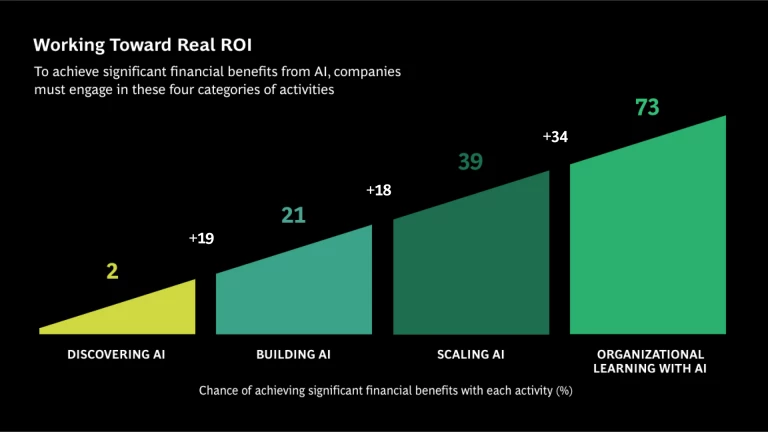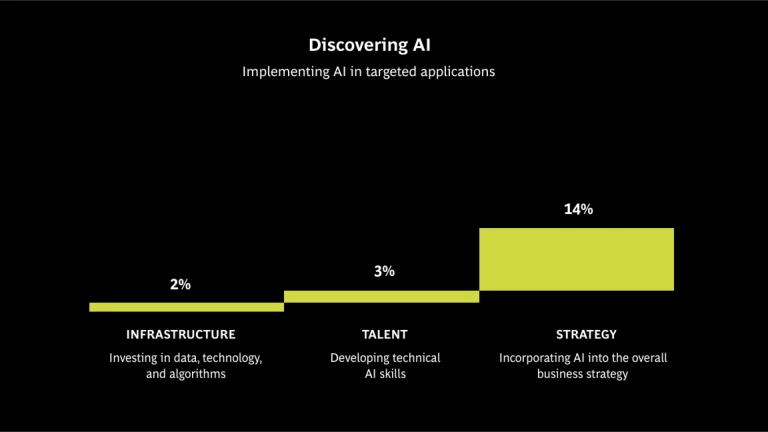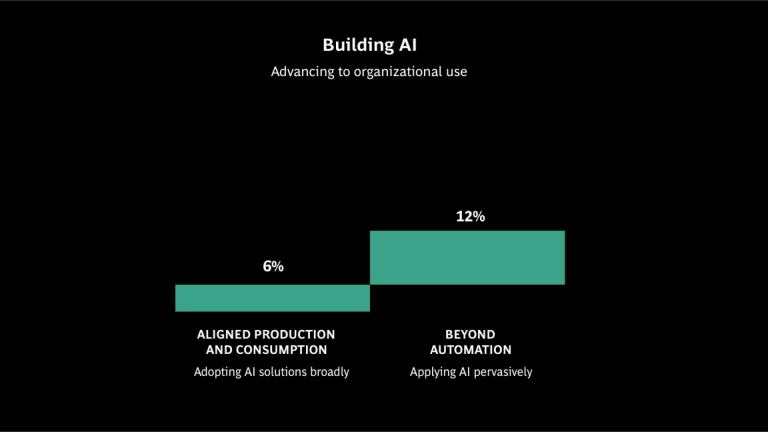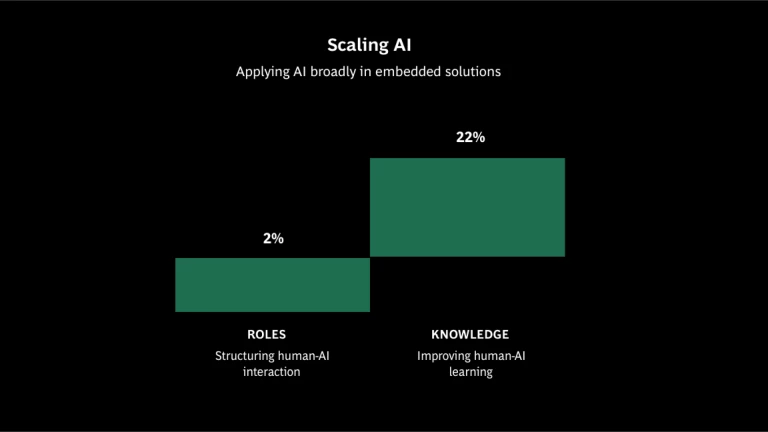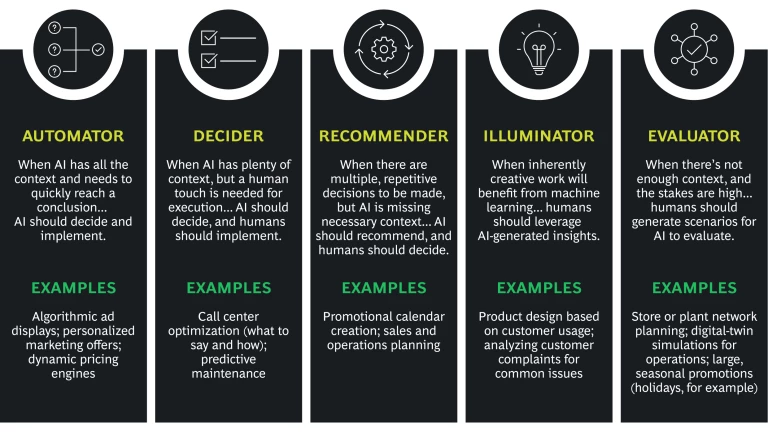A new study by BCG GAMMA, the BCG Henderson Institute, and the MIT Sloan Management Review suggests that in order to see significant financial returns, organizations need a multidimensional, complex relationship with AI—one that involves several methods of learning and different modes of interaction.
Businesses everywhere are recognizing the power of AI to improve processes, meet customer needs, enter new spaces, and, above all, to gain sustainable competitive advantage. With this recognition has come an increased adoption of—and investment in—AI technologies. A global survey of more than 3,000 executives revealed that more than half of respondents are deploying AI: six out of ten have an AI strategy in 2020, up from four out of ten in 2018. AI solutions are more prolific and easier to deploy than ever before, and companies around the globe are seizing on the opportunity to keep up with this exciting trend. Yet despite their efforts—to hire data scientists, develop algorithms, and optimize processes and decision making—most companies aren’t seeing a significant return on their investments.

So, what allows a small number of companies to stand out from the crowd?
For them, AI isn’t just a path to automation; it’s an integral, strategic component of their businesses. To achieve significant financial benefits, companies must look beyond the initial, albeit fundamental, steps of AI adoption—of having the right data, technology, and talent in place, and organizing these elements around a corporate strategy. Currently, companies have only a 21% chance of achieving significant benefits with these fundamentals alone, though incorporating the ability to iterate on AI solutions with business users nearly doubles the number, to 39%. But it’s the final stage of AI maturity, of successfully orchestrating the macro and micro interactions between humans and machines, that really unlocks value. The ability to learn as an organization—by bringing together human brains and the logic of machines—is what gives companies a 73% chance of reaping the financial benefits of AI implementation.
A Symbiotic Relationship
These companies create opportunities for learning between humans and machines while acknowledging the strengths and weaknesses of each.
They don’t just teach machines what humans already know; they deploy whatever human-machine interaction the situation calls for, adapting as needed to changing context, circumstances, and scenarios. In short, these organizations recognize what AI can and cannot do—and what work is best left to humans. Like all strong organizations, they know where their different types of talent lie and, accordingly, where each is best suited to generate value.
Companies on the leading edge of AI adoption recognize that humans and machines must work together—and learn from one another. Within these businesses, AI technologies can learn autonomously and from human feedback, just as humans can learn from AI. But what matters most is that all three types of learning take place.
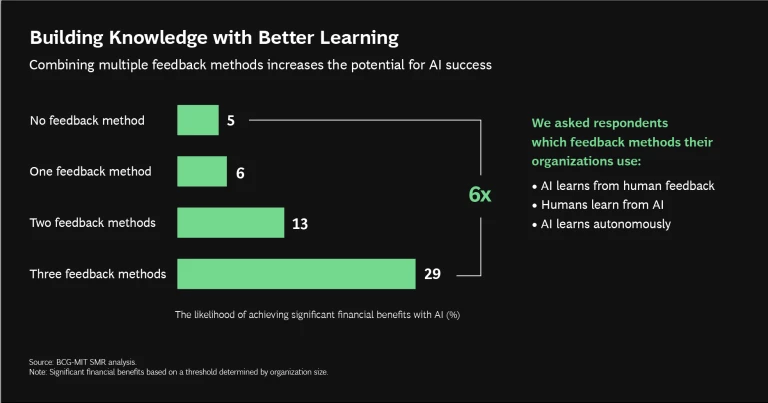
The Road Ahead Is Long—and the Benefits Are Worth It
Too many organizations build a strong AI foundation but fail to see the potential of what it can bring.
Companies that have reaped the benefits have not succeeded simply because they’ve learned how to change in the era of AI. Instead, they’ve changed themselves to learn. They’ve committed to new organizational architectures, processes, behaviors, and attitudes. Such change can be uncomfortable and difficult to implement. It requires patience and flexibility, as well as the ability to adapt to new contexts and information. The good news? Companies that make significant changes see the biggest returns.

To embrace AI’s full potential, companies must recognize that humans play an equally important role in the equation—and reshape themselves accordingly.

